Students
Meet our M.S. in Animals and Public Policy (MAPP) Candidates
Fuel your passion for healing animals, helping humans, and changing lives with a master's degree from Cummings School of Veterinary Medicine at Tufts University. Learn more at our program webinars below.
For more information visit the Graduate Admissions page.
The MS in Animals and Public Policy (MAPP) is an intensive, 12-to-16-month graduate degree program that focuses on human-animal relationships and their implications for policy and community action. While students enter the program with different interests, skills, philosophies, and aspirations, all share a passion for understanding human-animal relationships and promoting the status of animals in society.
In the Master of Science in Animal and Public Policy program, students will:
Listen to faculty and alumni describe the unique experiences and opportunities in the MS in Animals and Public Policy program. Learn about how students have used their degree to change the world we live in.
All students in the M.S. in Animals and Public Policy (MAPP) program take core courses that examine the changing roles of animals in society, teach students how to effectively evaluate research and policy arguments, and polish their communication skills. Students follow either a "research track" or an "applied track" and pursue their own interests by choosing from a flexible menu of electives and completing an individualized capstone project.
Applied Track students acquire a strong understanding of animal issues and the communication skills needed to implement and advocate for practices that enrich human-animal relationships and improve the health and well-being of people and animals. The capstone exercise for students in the applied track is a three-month mentored externship. Students work closely with an organization involved in animal issues, and reflect on their experience by preparing a research paper and participating in other scholarly and reflective activities.
Research Track students acquire research skills, sensitivity to the political, social, and ethical issues that drive research into human-animal relationships, and a sophisticated understanding of how policy and science interact. Autumn and spring classes in research methods and statistics prepare them for their capstone exercise, an independent research project that focuses on an area of interest shared by MAPP core faculty or faculty fellows.
Core courses that examine the changing roles of animals in society, teach students how to effectively evaluate research and policy arguments, and polish communication skills.
Graduates of the MS in Animals and Public Policy (MAPP) program are well-positioned to advance careers in animal-related fields by continuing with graduate or professional education or securing jobs right after graduation. Entering MAPP students may be recent college graduates committed to a career helping animals, or established professionals who seek to open new career paths by deepening their understanding of human-animal relationships. MAPP graduates

The Center’s mission is to conduct and encourage scholarly evaluation and understanding of the complex societal issues and public policy dimensions of the changing role and impact of animals in society.
Students in the MS in Animals and Public Policy (MAPP) program develop research, analytical, and communication skills that empower them to promote the status and welfare of animals and deepen public understanding of the role of animals in society.
The program seeks students of diverse academic, career, and professional experiences who share an interest in human-animal relationships. Enrolling students may be looking to begin a career related to animals, chart a new direction or deepen their knowledge in their current careers, or pursue another advanced degree, such as the D.V.M., Law, or Ph.D.
Applicants must meet all application requirements and submit an online application for admission. Based on the recommendations of the MAPP admissions committee, applicants who show the most promise of excelling in the program are admitted.
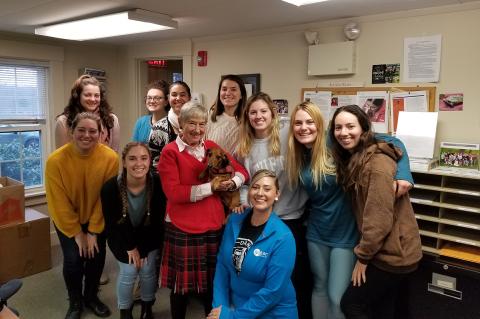
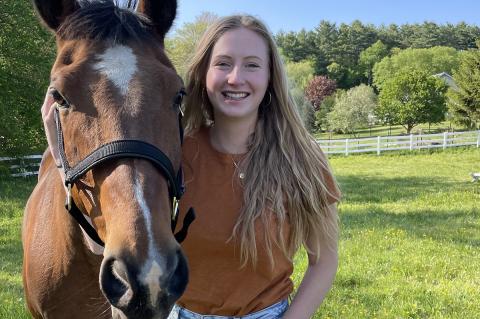
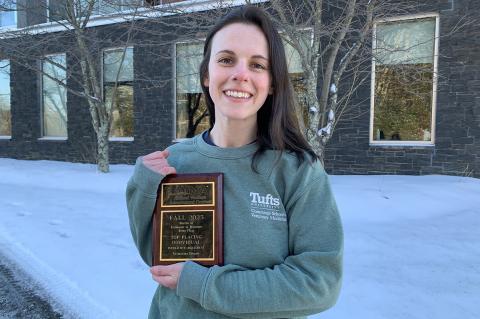
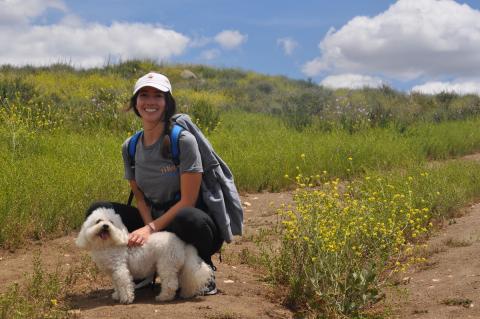
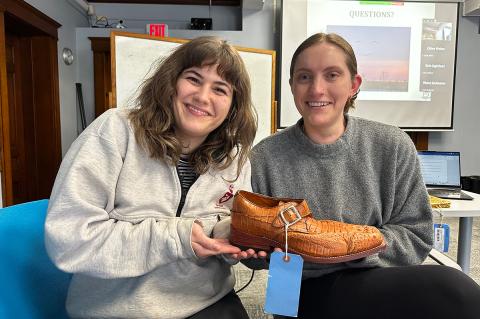
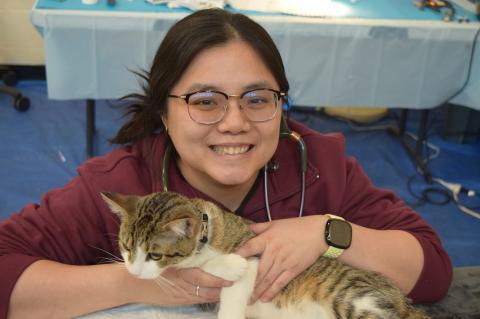
Center for Animals and Public Policy
Cummings School of Veterinary Medicine at Tufts University
200 Westboro Road
North Grafton, MA 01536
Phone: 508-839-7991
capp@tufts.edu
For additional information or questions about the MS in Animals and Public Policy program, please contact:
Dr. Allen Rutberg
Research Assistant Professor, Department of Biomedical Sciences; Director, Animals and Public Policy Program
Email: allen.rutberg@tufts.edu
Campus Phone: 508-887-4769
Fax: 508-839-3337
Ginny Shugrue
Program Coordinator, Animals and Public Policy Program
Building 5, Grafton
Email Address: capp@tufts.edu
Phone: 508-839-7991
Fax: 508-839-3337
Office of Admissions
Cummings School of Veterinary Medicine at Tufts University
200 Westboro Road
North Grafton, MA 01536
Phone: 508-839-7920
vetadmissions@tufts.edu